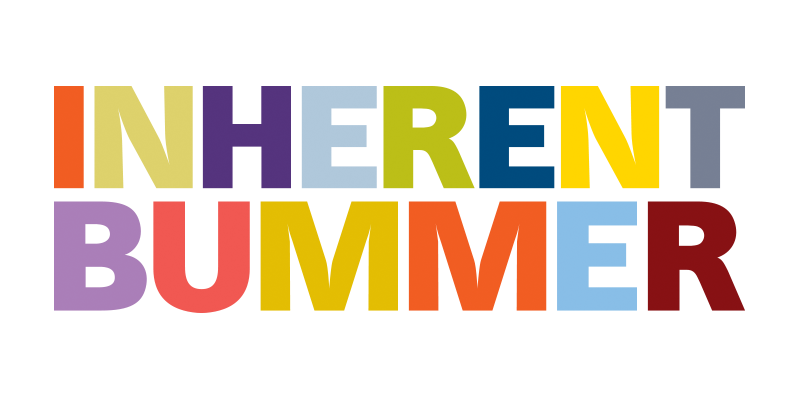SUNDAY DOWN THE RABBIT HOLE: PHARAOH SANDERS AND FLOATING POINTS
Let me preface this by admitting I know next to nothing about jazz - I represent the genre’s outsider demographic.
And this isn’t by choice; believe me, I wish I had the patience to sit through 20-minute saxophone solos and appreciate their complexities, and the genre-specific wisdom to understand what words like chordioid and diatonic meant without googling them. Guilty. But every now and then I’ll come across a jazz record I can somewhat wrap my head around and thoroughly enjoy, one whose mechanics I still can’t understand but am able to vaguely feign appreciation for.
To me, Pharaoh Sanders’ free-jazz psych-out Karma is one of those rare records – accessible enough for the casual listener, but still challenging enough to be mentally stimulating. It’s “free-jazz” at its best.
At the time of its release in 1969, Karma and its spiritual predecessor A Love Supreme by John Coltrane were considered far more energetic and boundless than much of the jazz being made at the time, yet both could easily be digested by jazz fans and non-fans alike. No one really had a name for this eclectic new take on the genre yet; incorporating elements of psychedelia, world music, bebop, and avant-garde, the sound of these records and many others released off New York’s prestigious Impulse! label around the same time was simply dubbed “The New Thing” by the major players in its scene.
Pharaoh Sanders and Sonny Sharrock, 1968.
Fast forward 50 years: a 75 year old Sanders is driving and hears literal neuroscientist Sam Shepherd’s debut LP Elaenia on the radio, released under the moniker “Floating Points.” Elaenia is a spiraling odyssey of atmospheric electronica that echoes the breakthrough originality of Karma, yet couldn’t be further from it sonically. Improvisational layers of synth, krautrock-influenced drums, orchestral arrangements – Sanders has never heard anything like it. At his behest, a meeting is set up between the two to hash out a potential collaboration.
And thus Promises was born, a synth-heavy, slightly jazz-influenced, but more or less genre-less musical odyssey in nine free-flowing, effortlessly interconnected parts.
Based on these qualities alone, one could argue that Promises is indicative of the future of music itself, “The New Thing” of our generation. Wikipedia approximates it under the minimalism genre, but there are definitely elements of maximalism present, too; orchestral arrangements courtesy of the London Symphony Orchestra add a layer of density and emotional depth that juxtaposes the sparsity of the album’s other musical elements.
Save for the ethereal 7-note keyboard/harp/whatever motif that repeats for the album’s entire 46-minute duration, the album itself is an unpredictable listening experience. At one point, Sanders even starts yodeling, but it totally works. Don’t ask me why. The whole thing kinda feels like some ritzy, New Age art installation that you can’t fully understand but also can’t take your eyes - or rather ears - off of.
* * *
For those unfamiliar with both the Pharaoh Sanders and Floating Points discographies, Promises is ground zero. It isn’t necessarily an accurate representation of either of their respective sounds, but it’s a fascinating one-off that we’ll all surely reflect on 30 years from now as being “ahead of its time,” a genre-blurring instance of disruptive innovation in the jazz world.
Then again, maybe I’ve got it all wrong - maybe jazz is dead, and Promises is proof of this. —Jackson Todd
Side Note: Julie Mehretu deserves an award of some sort for that album cover.






